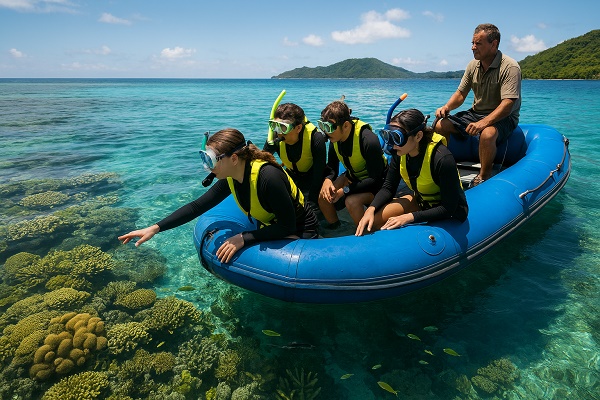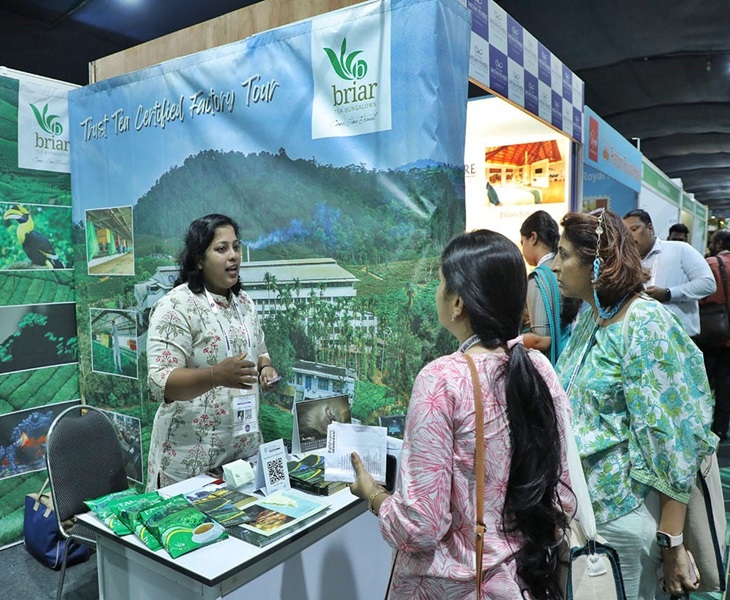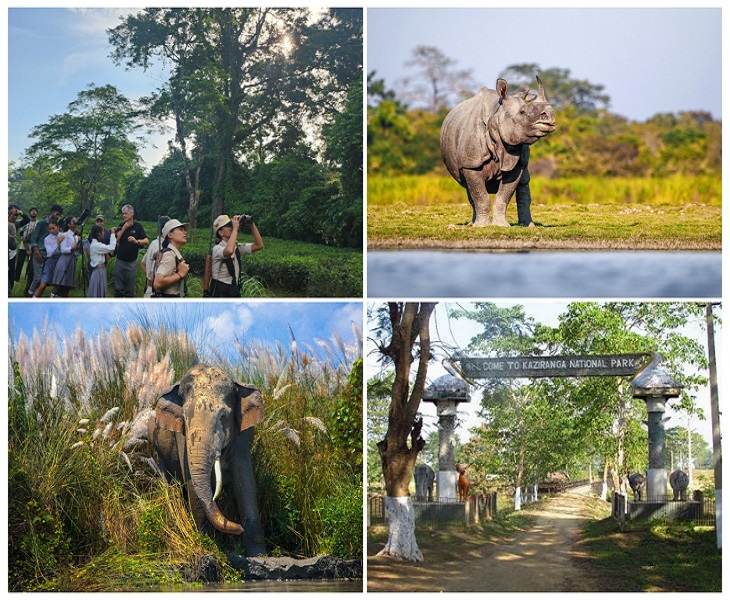Ecotourism on the Rise: A Greener Path for Global Travel

What is Ecotourism?
Ecotourism is responsible travel to natural areas that preserves the environment, respects local culture, and benefits local people. It focuses on low-impact, educational travel experiences in biodiversity-rich locations — from rainforests and mountains to wetlands and coastal reserves.
Why Ecotourism is Booming
Climate-Conscious Travelers
Today’s tourists — especially millennials and Gen Z — are actively seeking eco-friendly alternatives. They want to travel without leaving a damaging footprint.
Post-Pandemic Perspective
COVID-19 reminded people of nature’s healing power. The desire to connect with nature, breathe clean air, and rejuvenate in quiet, natural surroundings has grown stronger.
Government & NGO Initiatives
Many countries are promoting protected reserves, biosphere parks, and eco-lodges as part of their green tourism policies.
Tech-Driven Transparency
With tools like carbon offset calculators, eco-certifications, and sustainability scores, travelers are better informed and empowered to make conscious choices.
Top Ecotourism Destinations (2025 Watchlist)
Costa Rica – A global leader in sustainable travel, offering rainforests, volcanoes, and eco-lodges.
Kerala, India – Backwaters, wildlife sanctuaries, and responsible rural tourism.
New Zealand – Home to clean energy initiatives and indigenous Maori culture.
Bhutan – High-value, low-impact tourism model with carbon-negative policies.
Norway – Eco-cruises, fjords, and sustainable adventure tourism.
Activities that Define Ecotourism
Wildlife safaris in protected areas with licensed guides
Stays in eco-lodges or solar-powered cottages
Birdwatching, hiking, kayaking, and other non-motorized nature activities
Volunteering in conservation projects
Farm-to-table dining and interacting with local artisans or farmers
Economic & Environmental Benefits
Ecotourism provides sustainable livelihoods to rural communities, encourages the protection of natural resources, and fosters a sense of environmental responsibility among tourists. It creates a win-win situation for both people and the planet.
Challenges and the Road Ahead
Greenwashing by tour operators who claim eco-credentials without proof
Infrastructure pressure in fragile ecosystems
Need for stronger global standards, certifications, and tourist education
Despite these, the potential of ecotourism remains massive — especially as climate goals and tourism strategies align.















.jpg)








